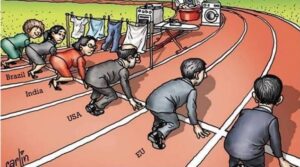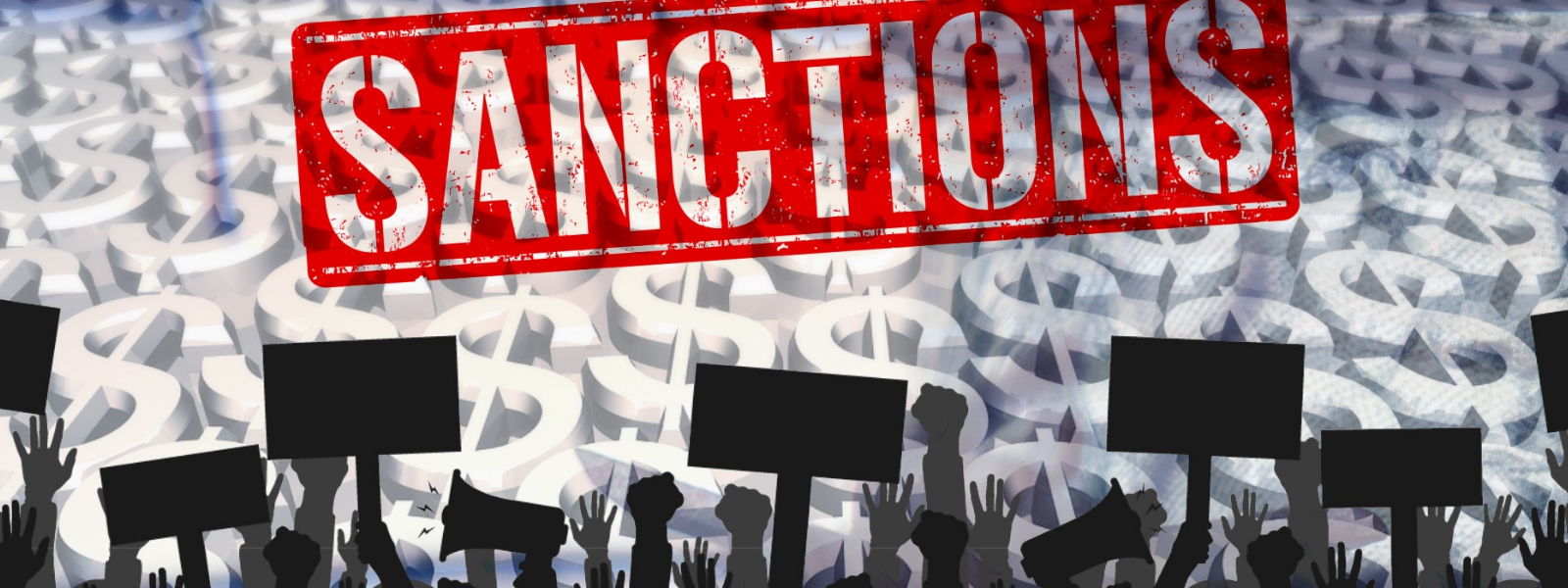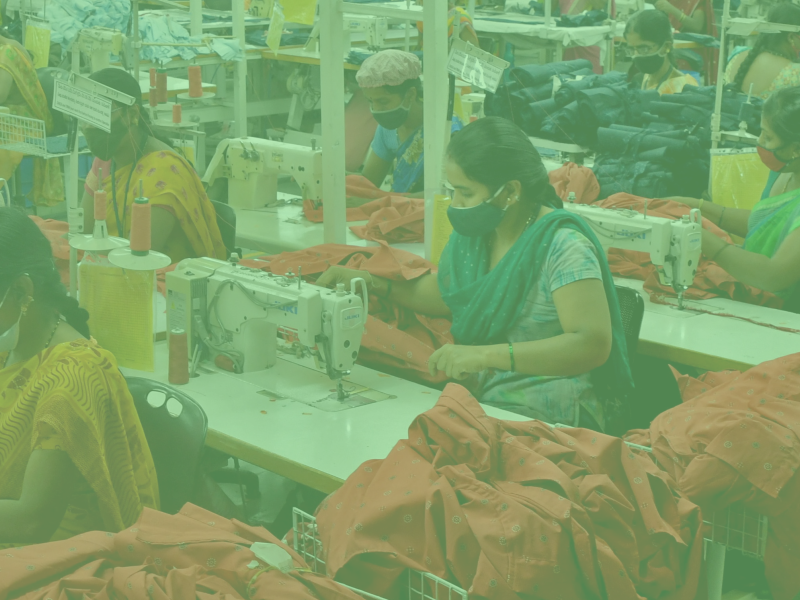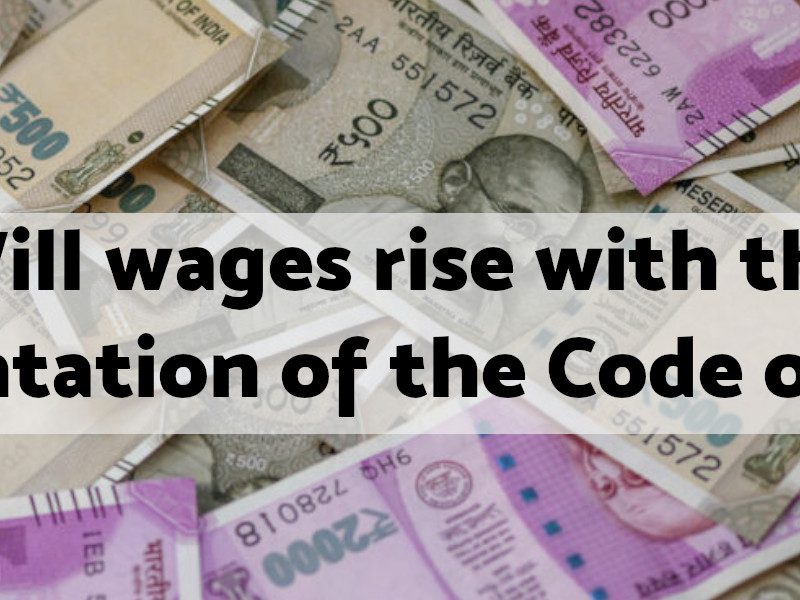The 26th session of the Conference of Parties (COP 27) to the United Nations Framework Convention on Climate Change (UNFCCC) will be held 31 October-12 November, 2021 in Glasgow, United Kingdom. The stated goal of Glasgow is to raise climate ambition.
In preparation, the European Union (EU) announced its carbon border adjustment mechanism regulation (carbon border tax) on 14 July as its effort to fight climate change. The EU plans to levy the tax in a phased manner from 2026.
This carbon border tax will be levied on imports, based on greenhouse gases emitted to manufacture them, setting the world’s first limits on carbon in traded goods.
The EU commission states that this is to stop polluting industries from shifting production outside Europe to avoid EU emissions limits and then exporting back into the bloc. However, this also means, that the price of goods from the Global South, which uses more carbon fuels, will rise. This will put commodities from there at a disadvantage in EU markets, thereby lowering their demand.
Considering the cumulative contribution of the EU and the United States to carbon emissions, countries such as China, Brazil, India and South Africa continue to argue that the primary obligation to reduce emissions falls upon developed countries.
Brazil, South Africa, India and China have issued a joint statement opposing this tax, terming it ‘discriminatory’ and against principles of equity and ‘common but differentiated responsibilities and respective capabilities’ — something that acknowledges the responsibility of richer countries to provide financial and technological assistance to developing and vulnerable countries to fight climate change.
The EU is India’s third-largest trading partner with 11.1% of the country’s total global trade. Exports to the EU were worth $41.36 billion in 2020-21, according to data from the Ministry for Commerce, Government of India.
If the tax is rolled out, India will lose the most in exports, followed by Brazil and South Africa.
According to the EU plan, by 2023, the carbon tax would cover energy-intensive sectors such as cement, steel, aluminium, oil refinery, paper, glass, chemicals as well as the power sector.
India also plans to oppose this tax at the G-20 summit (30-31 October) before the Cop 26 summit.

What this turns out to be is that this is yet another protective trade measure that the EU has decided to put in place to secure its own industries and jobs in the garb of mitigating climate crisis by penalising the Global South — especially countries like China, — which is threatening the global markets.
Globalisation for the poor, protectionism for the rich
This brings us to the question of the ‘concern’ of powerful countries of the Global North about labour rights or other human rights (concern for Adivasis and Dalits and child labour at EU trade negotiations) in those of the Global South.
The negotiations between the EU and India began in 2007; until date, 11 rounds of negotiations have been held — details of which are mostly secret.
But, according to reports, one of the main roadblocks has been the EU’s insistence on including non-trade issues, such as human rights and environmental and labour standards, in the Free Trade Agreement (FTA), which India continues to oppose.
The major argument behind the opposition to the inclusion of social clause from India is that the EU is using this as a protectionist ploy.
The EU and USA have been pushing for the inclusion of labour clause in trade agreements consistently over years; they believe that countries of the Global South have an unfair advantage over them, given lower labour and environmental standards, leading to lower costs of production.
As the crisis deepens, protectionist policies of the Global North intensify. In the name of protecting the environment and human rights through trade agreements, the EU, the US and Japan want to re-establish their hegemony over global markets.
These powerful countries, on the one hand, want to pry open markets across the world; on the other, they want to protect their own markets from the flooding of cheap goods from the Global South and protect their own jobs and industries.
Can the End Justify the Means?
How do trade agreements ensure human rights in the Global South? Let us start with the example of the GSP+ (Generalised Scheme of Preferences) provision for garment exports from Sri Lanka to the EU. GSP+ ensures a tariff-free access to EU markets for select Sri Lankan commodities.
In 2010, following several complaints from human rights organisations and trade unions, the European Commission conducted an investigation. It identified significant shortcomings in the south Asian island country’s implementation of the three United Nations human rights conventions relevant for benefits under the scheme.
Sri Lanka is hugely dependent on the trading opportunities offered by GSP+. In 2008, EU imports from Sri Lanka under GSP+ totalled 1.24 billion euros, with the most important import products being garments and fisheries products.
Clothing accounts for 60% of Sri Lanka’s total exports, with over 16% of its total workforce employed by this industry.
Sri Lanka regained the GSP+, or the EU’s ‘Generalised Scheme of Preferences’ in 2017, under the former Maithripala Sirisena-Ranil Wickremesinghe administration. Colombo committed to implement 27 international conventions on human rights, labour conditions, protection of the environment and good governance.
In June 2021, the EU parliament again adopted a resolution on Sri Lanka calling for the repeal of the Prevention of Terrorist Act (PTA). The law is deemed to be incompatible with the conventions that the country has to implement to enjoy GSP+ privilege. In the resolution, the EU called for ‘temporary withdrawal’ of the GSP+ privilege to Sri Lanka.
This is the politically tricky part that is used by the powerful economies of the Global North to arm-twist their trading partners in the Global South. In many cases, human rights organisations, trade unions, environmental groups, use this mechanism of trade sanction to pressure governments in the region.
This is seen as the only possible way to force, often authoritative governments, to remedy domestic problems. But this is a slippery slope to abdicating the principle of equality of nations.
What happens to a country like Sri Lanka when a powerful bloc like the EU threatens to withdraw a trade preference privilege?
The threat pushes the government of the developing country to put in place structures that will satisfy their trading partner in the Global North. Until this time, the country bears the loss in earnings from trade, thereby making it more difficult to implement the proposed changes.
Meanwhile the trading northern partner is able to keep the cheap imports out of their country, thereby ensuring a certain level of protection to their own production.
For a diverse multi-country bloc like EU, a withdrawal of GSP+ from Sri Lanka may even have a direct benefit to its clothing manufacturers in the poorer eastern-European countries. It is thus win-win for the EU — their manufacturers benefit from the sanction, and they are able to establish their role as the deliverer of justice in the Global South.
Harmful and dangerous as it may be, the demand for the repeal of the PTA in Sri Lanka is a much larger issue than a trade issue.
The formal end of the apartheid government in South Africa was hard-won. It took decades of struggle both inside and outside the country, as well as international economic pressure, to end the regime that allowed the country’s white minority to subjugate its black majority.
Campaigns for economic sanctions against South Africa gained steam in the 1980s, with the UN calling for it, but faced considerable resistance from both the US and the UK, because both had political and economic interests aligned with the apartheid government. But wider global political pressure and campaign ultimately led to the economic sanctions.
The same holds true in the case of the global BDS (boycott, divest, sanction) campaign that aims to pressure Israel to comply international law and end the apartheid against the Palestinians.
The number of Palestinians killed and subjugated over the last 70 years far exceeds any crime against humanity today. Yet, neither the EU nor the US has paid any heed to these demands.
These clearly show that the weapon of sanction is only used for political and economic advantage of the powerful countries, not really to establish justice in the world.
Economic sanction is a political and economic instrument that is used by powerful countries to sustain and intensify their control and advantage over weaker countries and maintain the cycle of dependence.

The struggle against an authoritative government or a law or for environmental and labour standards has to be a mass struggle within a country, which can be supported by organisations abroad.
But a short cut through trade sanctions will definitely not solve the problem at hand in the long run. Instead, it will perpetuate the power imbalance between the two countries.
The fight against apartheid in South Africa was not won through a simple economic sanction imposed by a powerful country. It was won by the people of South Africa who struggled for years to win their freedom and end the oppressive regime.



